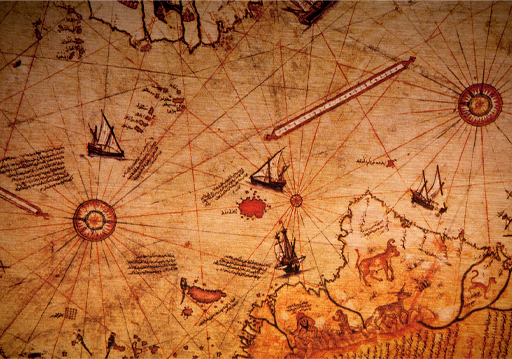Session 1: Understanding empire
Introduction
Empire is not a single power structure or experience; it is multi-layered and manifests itself differently across a range of time periods and geographies. The way the British Empire functioned in India was not the same way it operated in the Caribbean. The Ottoman Empire did not exercise power in the same way that Chinese imperial rule did. Land, trade, and maritime empires were not established or run in the same way.

How historians have thought about empire has changed over time. Their approaches have emerged from the context of their own political moments and subjectivities. This has produced wide ranging accounts of the nature and legacies of empire. There are political volumes about diplomacy and the legislative frameworks of empire. Military histories of imperial war and conflict. Economic theses on the role of structural inequality and underdevelopment. Cultural histories of the effects of colonialism on everyday practices and identities.
Historians who work with the archives of empire have asked different questions of this vast collection of documentation. Some, whose work focuses on the marginalised subjects of empire, have worked with the archive’s absences. The process of writing histories of empire is bound up with the lasting power structures it left behind. The archives and maps of empire – our tools for understanding – were produced partly through the practices of imperialism. How these records and the knowledge they produced are understood, critiqued, and interpreted has changed over time.
In this session you will be introduced to some key approaches, debates, and sources relating to the history of empire. Each section will allow you to explore different elements of the historian’s toolkit for studying empire.
By the end of this session, you will:
- learn about different approaches to and debates about empire
- explore the possibilities and limits of the archives of empire
- analyse the mapping of empire as a form of imperial knowledge production.
